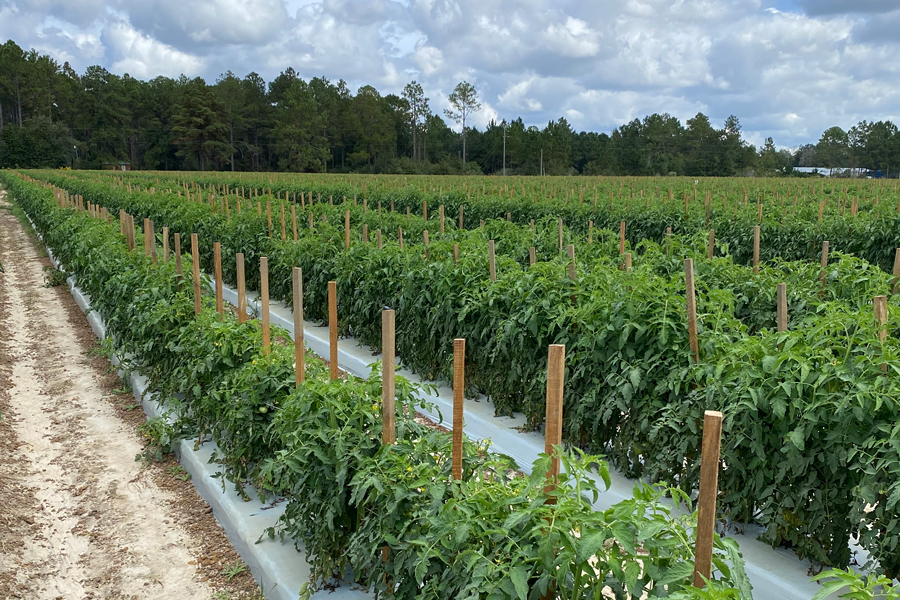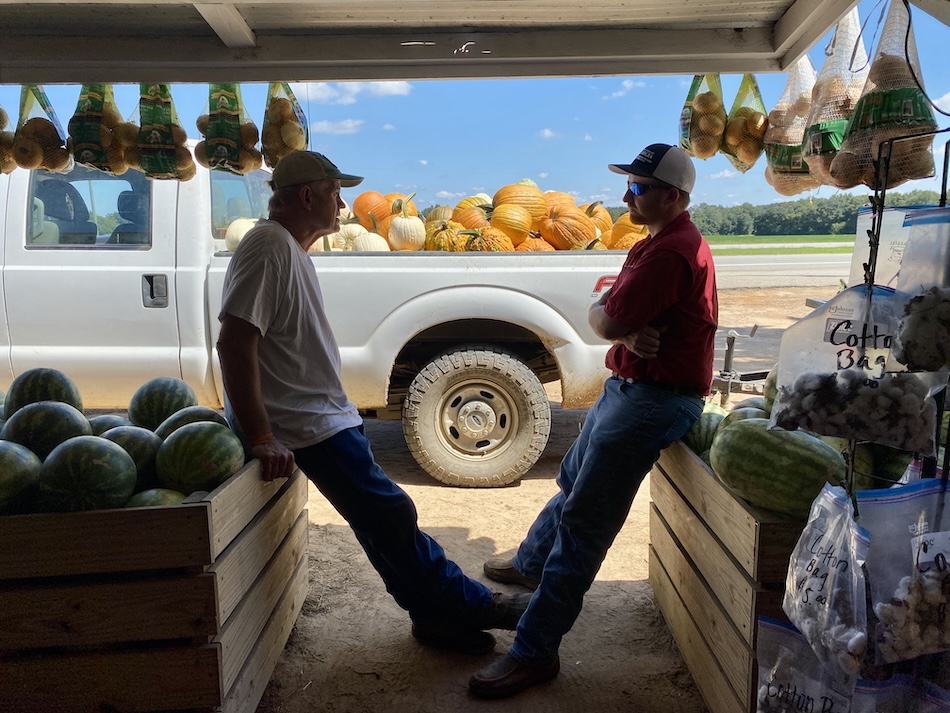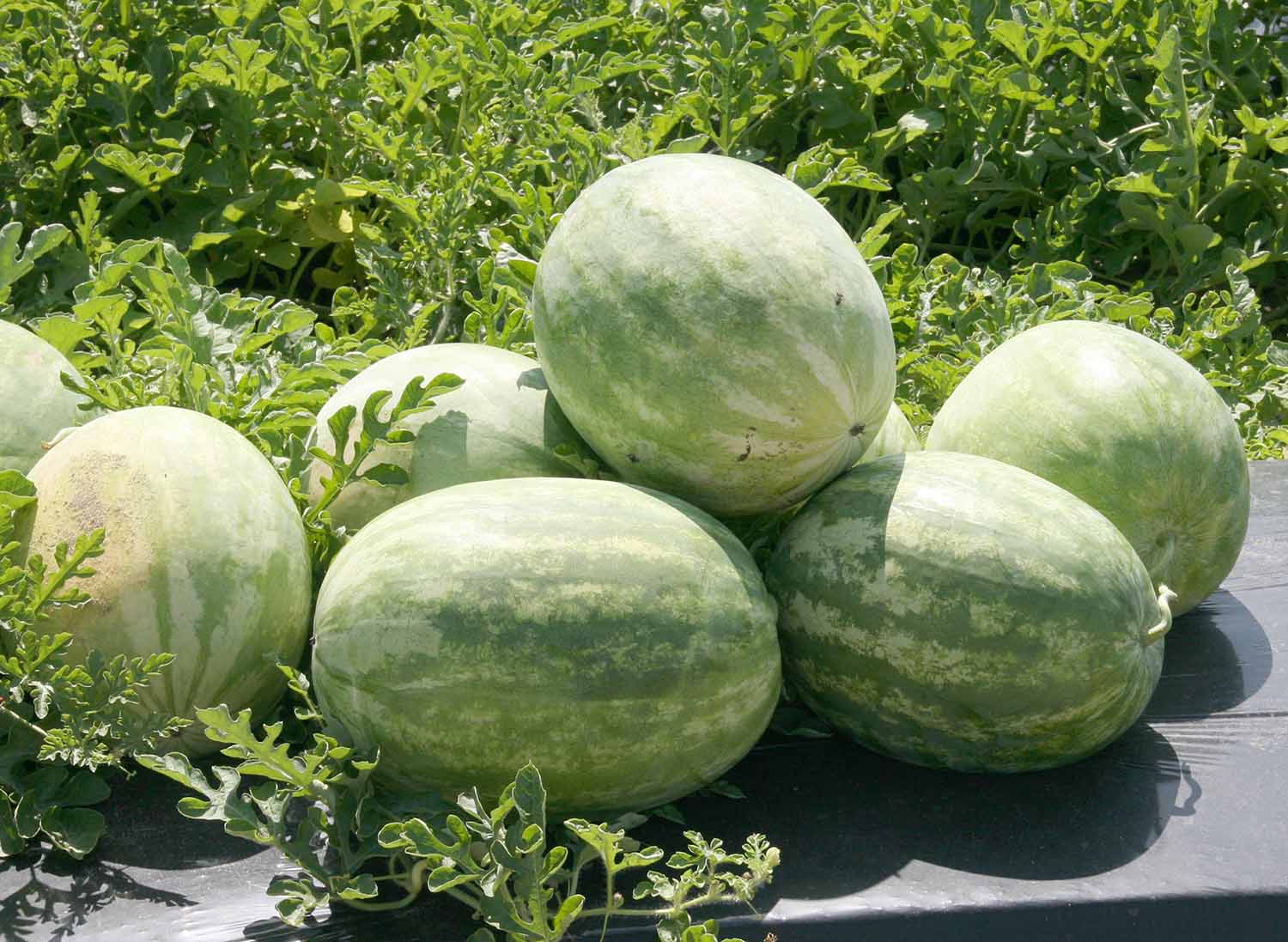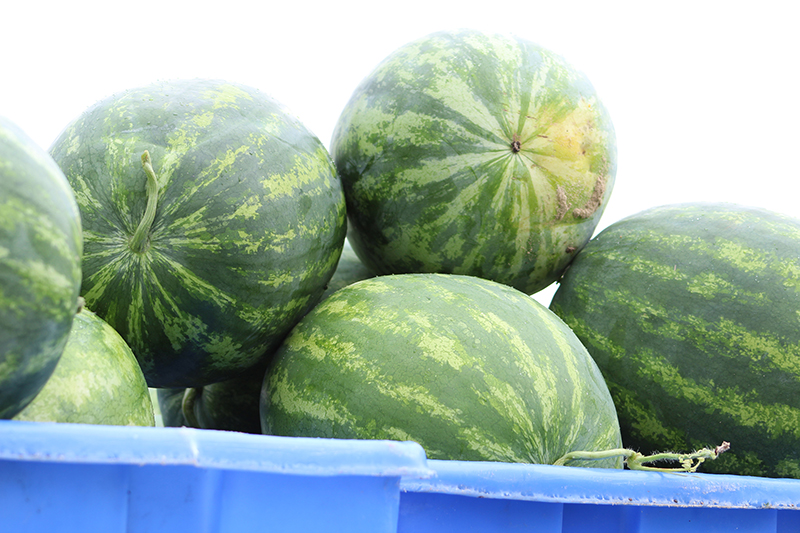Root-knot nematodes are highly adaptable, obligate plant parasites (parasites that cannot reach adulthood without a host) that attack plant roots and establish a prolonged relationship with their hosts. There are three common species of root-knot nematodes known to parasitize watermelon in the U.S.: the southern root-knot, M. incognita, the peanut root-knot, M. arenaria, and the Javanese root-knot, M. javanica. The southern root-knot nematode is ranked first in terms of negative impact on watermelon production, particularly in warm temperate climates. Many watermelon fields in Georgia are infested with one or more species of root-knot nematodes.

Published by University of Georgia Cooperative Extension. For more information or guidance, contact your local Extension office.
The University of Georgia College of Agricultural and Environmental Sciences (working cooperatively with Fort Valley State University, the U.S. Department of Agriculture, and the counties of Georgia) offers its educational programs, assistance, and materials to all people without regard to age, color, disability, genetic information, national origin, race, religion, sex, or veteran status, and is an Equal Opportunity Institution.








